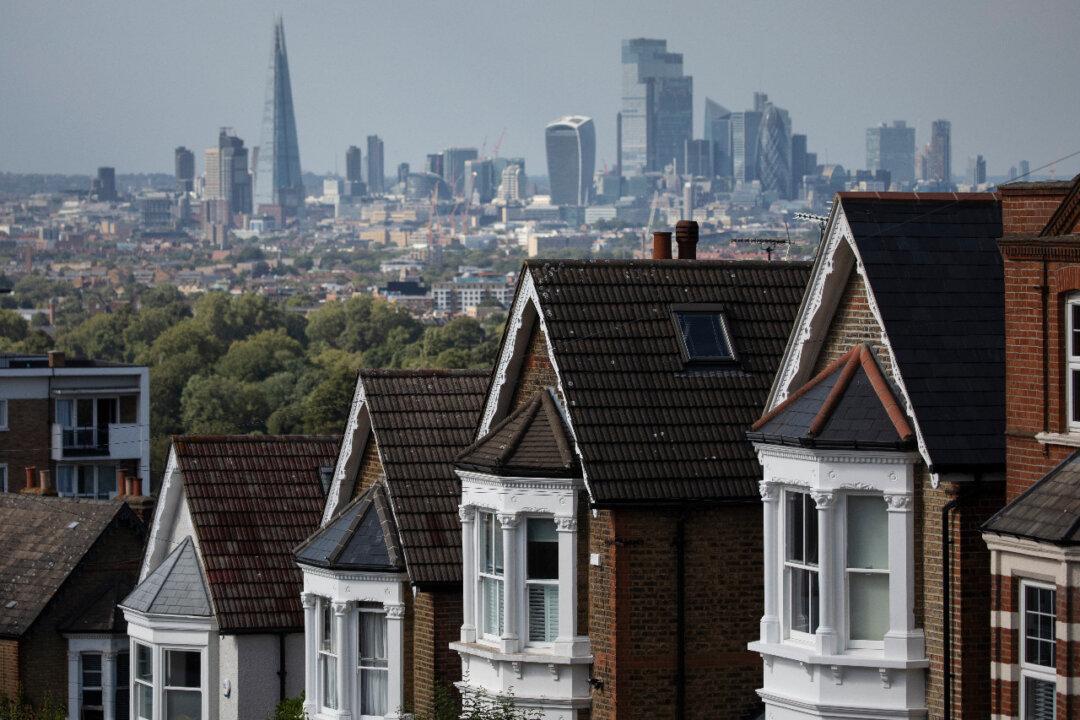UK house prices continued on an upward march in June though the number of new inquiries from house hunters decreased, according to new data.
Survey results from the Royal Institution of Chartered Surveyors (RICS) show that 27 percent of property professionals reported a fall in interest from would-be buyers last month. It marked the third month in a row that interest from new buyers slipped.





